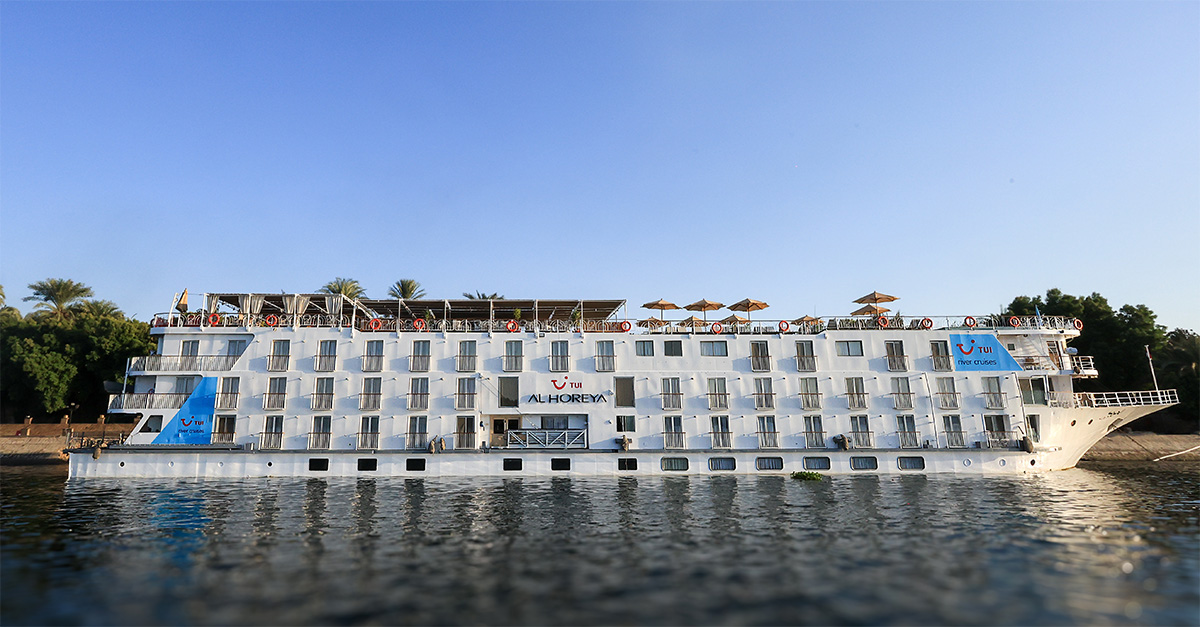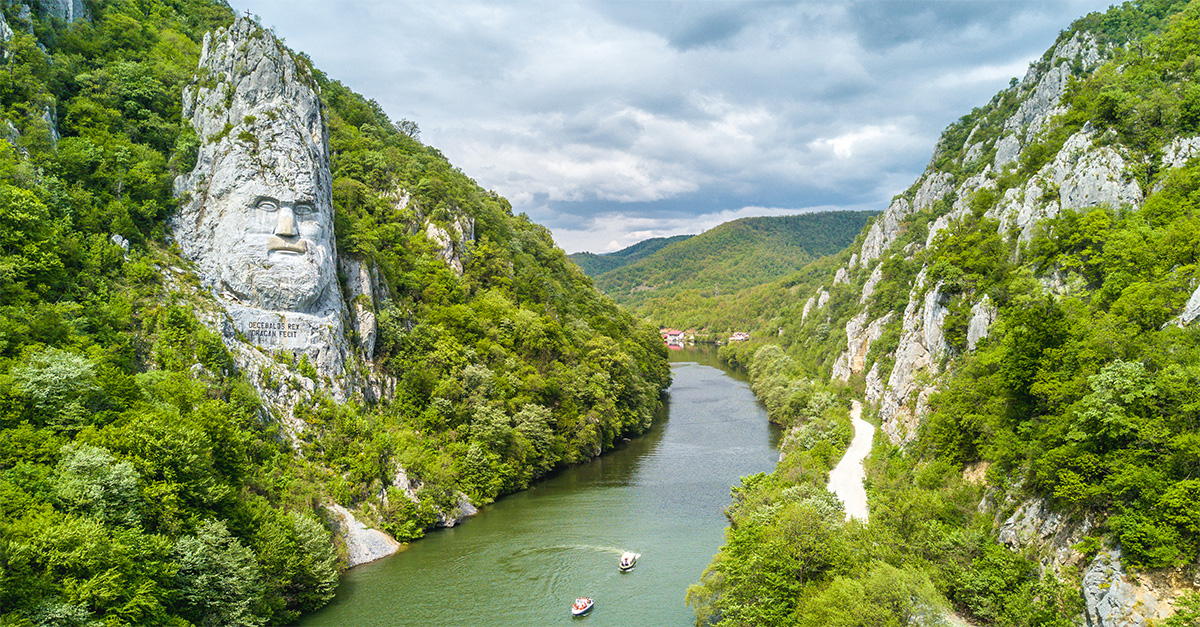We talk to expedition astrophysicist Rebecca Anne Robinson

Q. What does your work with Hurtigruten involve?
A. I’m currently working at the University of Oslo on my doctorate, and one year’s worth of that can go towards outreach funded by the Institute of Theoretical Astrophysics.
I approached Hurtigruten after seeing they were open to scientific collaboration on their expeditions and northern lights cruises to the Arctic Circle. My research is in solar physics, so it’s about the sun and the sun’s magnetic field and I deliver a series of lectures on each tour.
The first one is always about my research on the sun, because the origin of the northern lights is solar. I want our guests to understand that before I pull it forward into my second lecture about northern lights.
Q. What sort of scientific activities can guests expect on board expedition cruises?
A. Aside from my lectures, on the southbound trip I screen a 20-minute documentary called Chasing Steve, which is about the discovery of a kind of aurora by a citizen scientist in Canada.
My friend Liz, who works for Nasa and is an aurora physicist, is behind a citizen science project called Aurorasaurus which bridges the gap between citizen scientists, hobbyists and scientists. I introduce Aurorasaurus to passengers on MS Maud as a way to observe what you’re seeing from the ground and to determine how good our predictions actually are.
Maud has a Science Centre dedicated to workshops on geology, birds and cetaceans and we also have a little interactive area with books and microscopes where passengers can come and talk about the thing they’re passionate about.
The other thing I offer is a solar telescope built specifically to look at the sun. Its lens filters out everything except the first line of the hydrogen spectrum, or what we call hydrogen alpha. You can see the sun’s surface and lower atmosphere including sunspots and solar prominences.
We also have a Blueye drone, which dives underwater and takes video of what we see along the Norwegian coast.
Q. Where have you travelled with Hurtigruten and what do you enjoy the most?
A. I feel the joy every time we cross the Arctic Circle, northbound – that is where I belong. I love the cold. It takes me a really long time to get cold – longer than the average person – so I’ll just go around in my sweatshirt when everyone’s all layered up.
I think I was a polar bear in a former life. I love it up there, especially in the winter. The light is always magical even when there is no sun.
There’s always this kind of blue hour or golden hour in our northernmost ports, such as Honningsvag, which is on the south end of an island called Mageroya.
Q. What inspired you to become an astrophysicist?
A. Well, I’m the same age as the Hubble Space Telescope, so go figure.
I’ve not lived a single day on Earth without Hubble being in space, so I’ve always had access to information and images that were so beyond the instruments we had in space up until that point. But I really was one of those weird 11-year-olds who went around telling everyone that she was going to be an astrophysicist.
I liked how space feels infinite even though by all accounts it isn’t. I think one common quality with scientists is that you have to be curious and I was always a very curious kid. I wanted to know facts and space is so big that I felt like we would never run out of questions.
Q. What’s been your favourite experience on Maud so far?
A. The activity guides do kayaking and stand-up paddleboarding but my favourite thing is our ‘Polar Plunge’ where we just go swimming in the freezing Arctic waters. The water is crystal clear and gorgeous.
I do it frequently – it will reset your whole life, if that’s what you need. I usually do it when there’s a sauna nearby. Passengers can join in and get a Polar Plunge certificate.
Rebecca’s top tip
Northern lights require darkness to be visible, so if you want to see them, visit the Arctic between September and March – and remember to turn off your flash when photographing them.
PICTURES: Espen Mills.
Read more
UK cruises: the domestic market still has wind in it’s sails
How to sell no-fly cruises
New cruise ship launches for 2022




